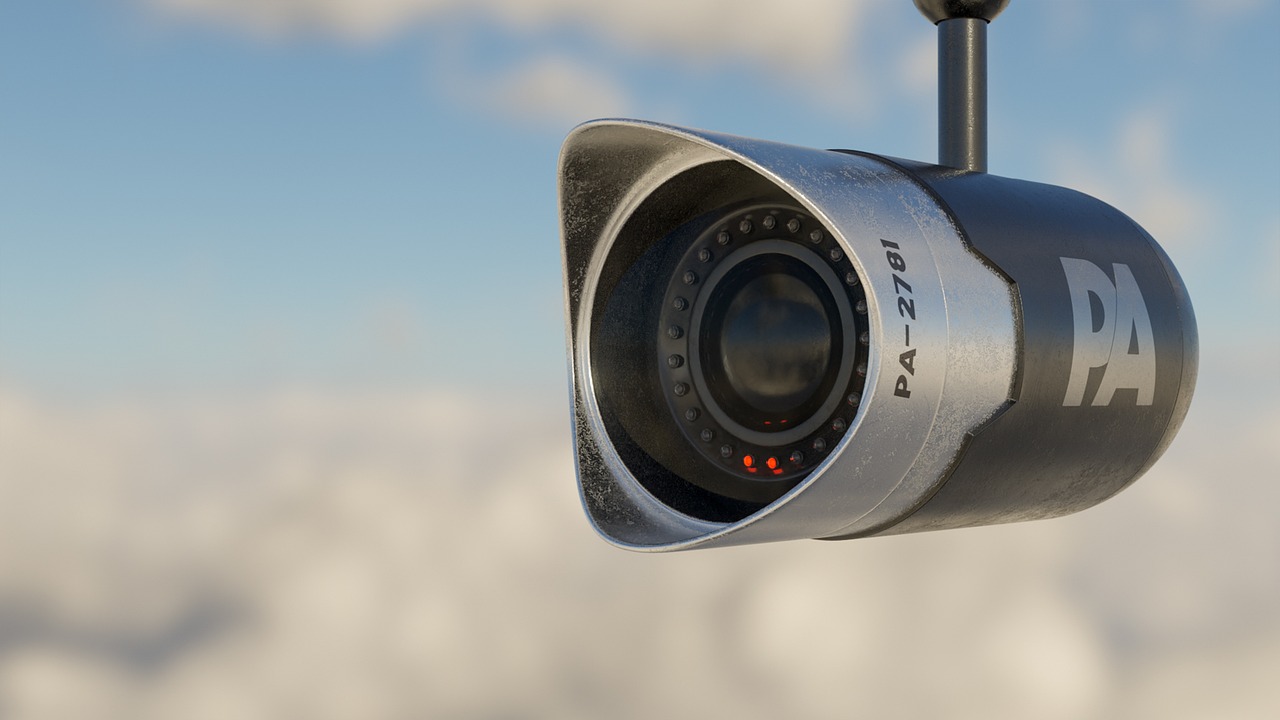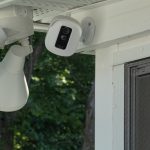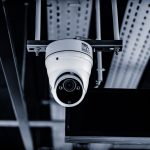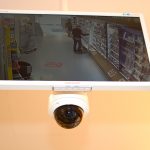Table of Contents
- Introduction to IP Cameras for Security
- Overview of IP Camera
- Benefits of IP cameras over traditional security systems
- Choosing the Right IP Camera
- Tips for Installing and Using IP Cameras
- Conclusion
- Frequently Asked Questions
Introduction to IP Cameras for Security
If you’re a homeowner, you know that home security is a top priority. And if you’re looking for a cost-effective way to boost your home security, you may want to consider investing in an IP camera.
IP cameras, also known as internet protocol cameras, are becoming increasingly popular as a solution for home security. They offer a range of benefits over traditional security systems and are a cost-effective and scalable option for keeping your home and loved ones safe.
In this article, we will provide an overview of IP cameras and compare the features and capabilities of IP cameras with traditional security systems. We will also provide tips on how to choose, install and optimize the use of your IP cameras to ensure maximum security.
Overall, this article will provide you with the necessary information to make an informed decision on whether IP cameras are the right security solution for your home.
Overview of IP Camera
Home security is a priority for any homeowner and installing quality surveillance equipment is the best way to protect your home and loved ones. Internet protocol (IP) cameras are increasingly becoming the preferred choice for many, as they offer a range of benefits that can’t be found in other types of camera systems.
IP cameras don’t rely on traditional analog technology, instead, they use digital networking to connect. This means that, unlike some CCTV cameras, they have an almost unlimited storage capacity so you can access the footage whenever you need it.
They also provide a wider coverage area with crystal clear images captured day and night, even in low-light conditions. In addition to greater visibility, IP cameras are far more secure than other camera systems as each connection is encrypted and all data is securely stored.
These smart cameras are also incredibly easy to install as they simply plug into your existing Ethernet connection – no wires or extra setup required.
All things considered, an IP camera system should absolutely be considered when it comes to ensuring the safety of your home and family.
Benefits of IP cameras over traditional security systems
Security cameras are an important feature for any home as they provide crucial evidence in the event of a break-in or other criminal activity. Traditional security systems use analog equipment that is less advanced than IP cameras.
IP cameras, on the other hand, use digital technology to deliver clear and reliable footage. This technology allows users to connect the camera directly to their existing network, making remote access much simpler and more efficient.
Furthermore, image sensors are capable of producing high-resolution images and videos with minimal distortion. The wide field of view available in most IP cameras also means that fewer cameras are required to cover a large area.
Additionally, many models come equipped with additional features such as night vision, cloud storage systems, and even machine learning capabilities that make them even more versatile and effective.
Ultimately, these benefits make IP cameras a great choice for anyone looking to upgrade or install a surveillance system in their home or business premises.
Choosing the Right IP Camera
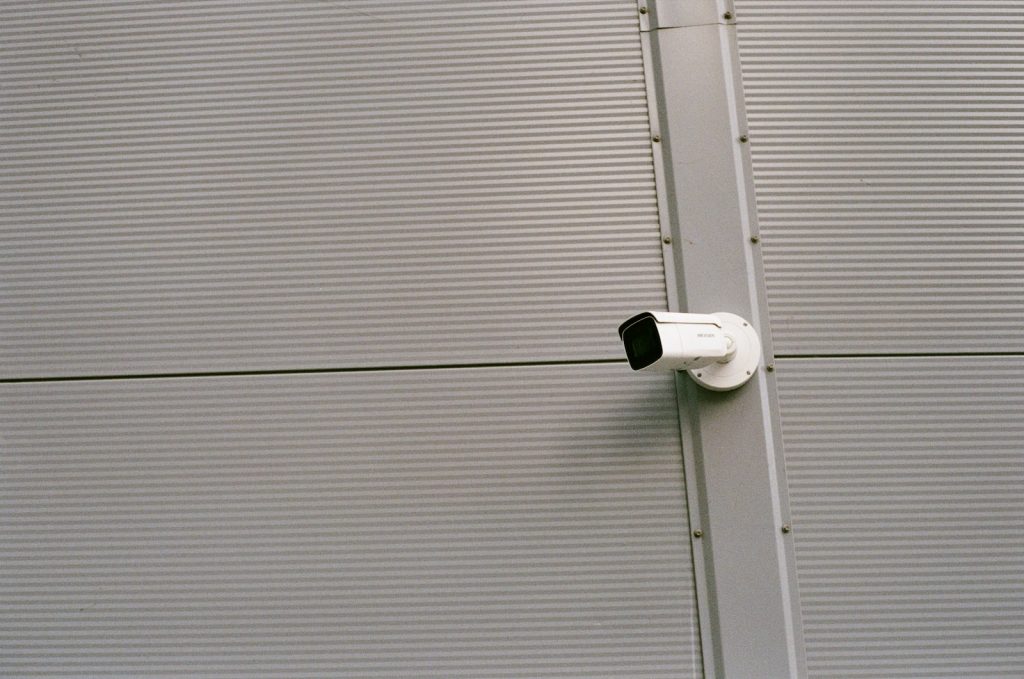
When choosing an IP camera for your home security, there are several factors to consider to ensure that you select the best option for your needs.
One of the most important is the resolution of the camera. High-resolution cameras provide clearer and more detailed images, which can be helpful for identifying individuals or objects in the footage.
It’s also important to consider the storage capacity of the camera. Some cameras come with built-in storage, while others require a separate storage device.
Additionally, it’s good to look for cameras that have built-in WiFi or other types of connectivity, as this allows you to access the camera’s footage remotely via a smartphone or computer.
Another important factor to consider is the type of camera. Indoor cameras are typically smaller and less expensive than outdoor cameras, but they may not be able to withstand the elements as well.
Outdoor cameras, on the other hand, are built to withstand harsh weather conditions, but they may be more expensive. Also, if you want to be able to pan, tilt, and zoom the camera, you may want to consider a pan-tilt-zoom (PTZ) camera.
It’s also important to think about where you want to place the camera. If you want to monitor a specific area of your home, such as a front door or backyard, you’ll want to choose a camera that can be mounted on a wall or ceiling.
If you want to be able to move the camera around as needed, a wireless camera with a battery power source may be a better option.
Lastly, it’s worth checking the camera’s field of view and night vision capabilities. Some cameras have a wider field of view and better night vision, which can be helpful if you want to monitor a larger area or if you want to be able to see footage clearly at night.
Taking all these factors into consideration will ensure that you choose the best IP camera for your home security needs.
Tips for Installing and Using IP Cameras
Installing and using IP cameras can seem intimidating at first, but with some planning and preparation, it can be a straightforward process. When installing your IP cameras, it is important to choose the right location for them.
This means considering factors such as the field of view, lighting conditions, and potential blind spots. Positioning the cameras in the right places will ensure that they capture the best footage possible.
Once you have chosen the location for your IP cameras, you should focus on the setup process. This includes connecting the cameras to your network, configuring the settings, and testing the footage to make sure everything is working properly.
Using your IP cameras effectively also requires some planning and preparation. This includes setting up a schedule for when the cameras should be recording, and determining how long to store the footage.
It is also important to set up notifications so that you will be alerted if anything unusual happens. Additionally, you should review the footage regularly to ensure that your cameras are capturing the necessary footage and to identify any potential issues.
Finally, it is important to keep your IP cameras and their software up-to-date. This will ensure that the cameras are working at their best and that they have the latest security features to protect them from cyber threats.
Taking these basic precautions will help maximize the effectiveness of your IP camera installation while also ensuring safety and privacy. `
Conclusion
IP cameras are a modern and effective solution for home security. They offer a wide range of features and capabilities that traditional security systems lack.
With their ability to remotely monitor your home, high-resolution video, and easy scalability, IP cameras provide peace of mind and protection for your home and loved ones. When choosing and setting up an IP camera, it is important to consider factors such as resolution, storage, and connectivity, and also to follow best practices for installation and use.
With the right IP camera, you can have a reliable and cost-effective security system that fits your needs and budget.
Frequently Asked Questions
An IP camera is a type of digital video camera that transmits its footage over an internet connection, allowing it to be accessed remotely from anywhere in the world. This makes them ideal for home security and surveillance, as they provide quality images at a low cost with minimal setup time.
An IP camera works by using an internet connection to transmit video footage from the camera to a central server or computer. This allows the user to access their camera feed wherever they have an internet connection, whether it be across town or across the world.
IP cameras offer many benefits over traditional security systems. They are more affordable, easier to install, and require minimal setup time. Moreover, they provide better-quality video footage and can be accessed remotely.
IP cameras are also more secure than traditional security systems as they use encryption protocols to protect their data.
When choosing an IP camera for your home security, it’s important to consider factors such as resolution, storage, connectivity, camera type, placement, field of view, and night vision capabilities to ensure that you select the best option for your needs.
Once you’ve set up your IP camera, you can view its footage through the corresponding app on your smartphone or tablet. You can also access it from any computer with an internet connection by logging into the device’s web portal.
Depending on the model, you may also have the option to store and review recordings from a cloud-based server or from an external storage device.
Common problems with IP cameras include connection issues, poor video quality, and incorrect settings.
If you experience any of these problems, be sure to check the camera’s manual for troubleshooting instructions or contact the manufacturer for assistance.
If you experience any problems with your IP camera, refer to the user manual for instructions on troubleshooting. This will typically include steps such as resetting the camera, checking its settings and power supply, or updating its firmware.
If these steps don’t resolve the issue, contact the manufacturer’s customer support team for further assistance.

